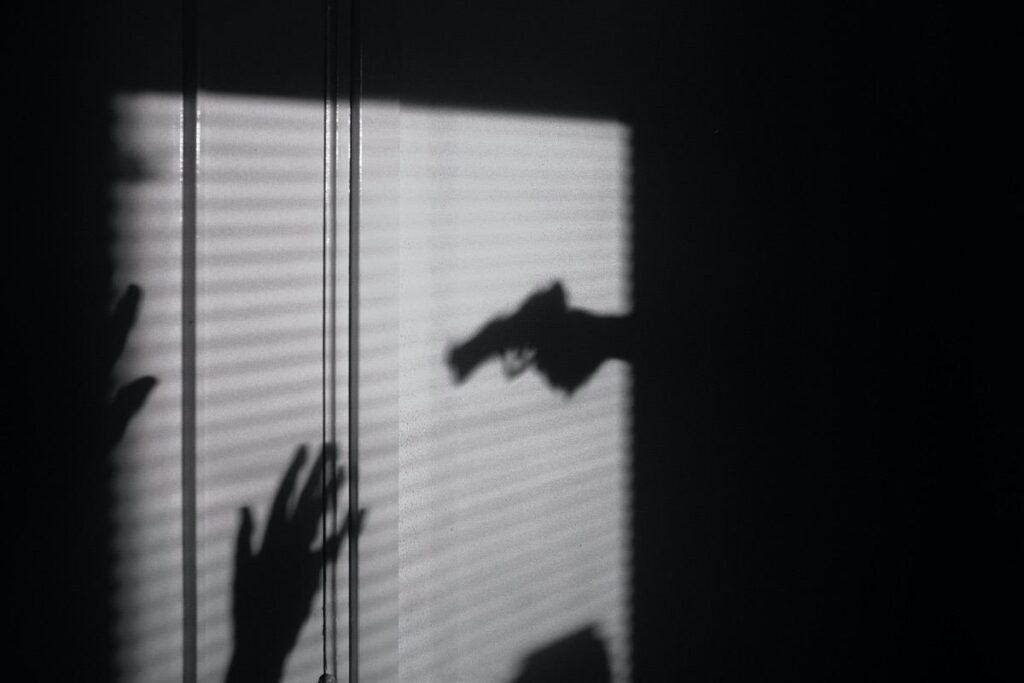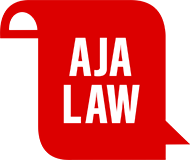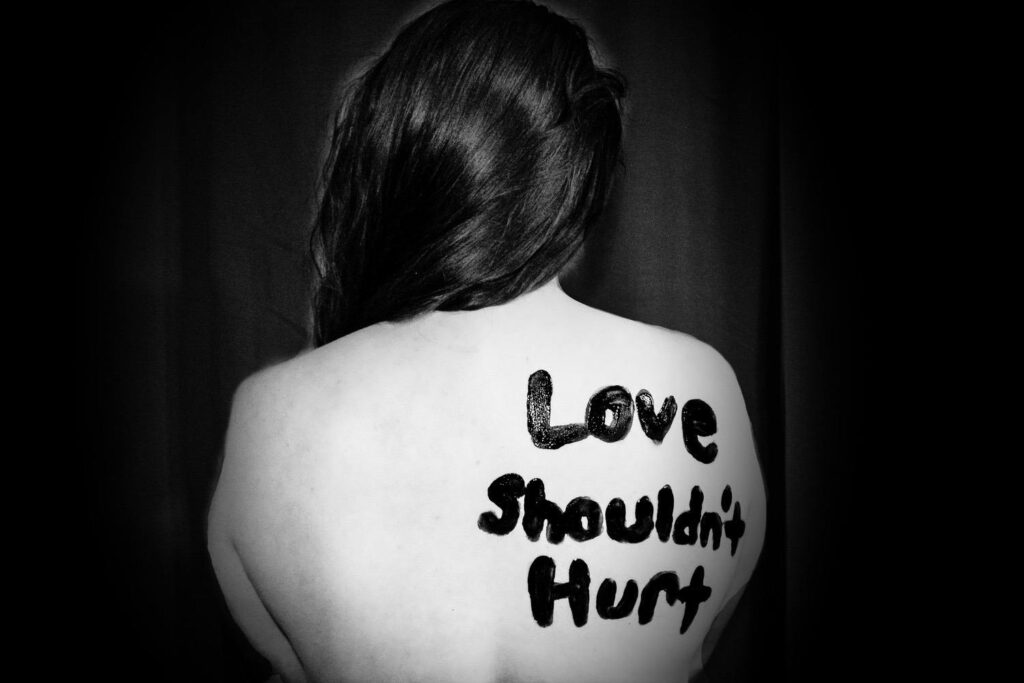Blog
The Acts of Violence against Women and Children

VAWC is a prevalent issue worldwide. It takes many forms, including physical, sexual, psychological, and economic abuse. In the Philippines, the government enacted the “Anti-Violence Against Women and Their Children Act of 2004” (RA 9262) to protect women and children from all forms of violence and hold perpetrators accountable for their actions. In this blog post, we will discuss the acts of violence against women and children that are punishable under the law under the provisions of RA 9262 and its Implementing Rules and Regulations (IRR) in order to raise awareness and assist women and children who may be experiencing VAWC.
VAWC IS A PUBLIC CRIME
Under Rule III of the IRR, VAWC is considered a public offense. Anyone with personal knowledge of the circumstances involving the commission of the crime can report it to authorities and file a complaint. The government is then obligated to investigate and prosecute the perpetrator.

ACTS CONSIDERED AS VAWC
The IRR of RA 9262 provides a comprehensive list of acts considered as VAWC. These acts include:
- Causing physical harm to the woman or her child;
- Threatening to cause the woman or her child physical harm;
- Attempting to cause the woman or her child physical harm;
- Placing the woman or her child in fear of imminent physical harm;
- Attempting to compel or compelling the woman or her child to engage in conduct which the woman or her child has the right to desist from or to desist from conduct which the woman or her child has the right to engage in, or attempting to restrict or restricting the woman’s or her child’s freedom of movement or conduct by force or threat of force, physical or other harm or threat of physical or other harm, or intimidation directed against the woman or her child. This shall include, but not limited to, the following acts committed with the purpose or effect of controlling or restricting the woman’s or her child’s movement or conduct:
- a. Threatening to deprive or actually depriving the woman or her child of custody or access to her/his family;
- b. Depriving or threatening to deprive the woman or her children of financial support legally due her or her family, or deliberately providing the woman’s children insufficient financial support;
- c. Depriving or threatening to deprive the woman or her child of a legal right;
- d. Preventing the woman in engaging in any legitimate profession, occupation, business or activity, or controlling the victim’s own money or properties, or solely controlling the conjugal or common money, or properties;
- Inflicting or threatening to inflict physical harm on oneself for the purpose of controlling her actions or decisions;
- Causing or attempting to cause the woman or her child to engage in any sexual activity which does not constitute rape, by force or threat of force, physical harm, or through intimidation directed against the woman or her child or her/his immediate family;
- Engaging in purposeful, knowing, or reckless conduct, personally or through another, that alarms or causes substantial emotional or psychological distress to the woman or her child. This shall include, but not be limited to the following acts:
- a. Stalking or following the woman or her child in public or private places;
- b. Peering in the window or lingering outside the residence of the woman or her child;
- c. Entering or remaining in the dwelling or on the property of the woman or her child against her/his will;
- d. Destroying the property and personal belongings or inflicting harm to animals or pets of the woman or her child;
- e. Engaging in any form of harassment or violence; and
- Causing mental or emotional anguish, public ridicule or humiliation to the woman or her child, including, but not limited to, repeated verbal and emotional abuse, and denial of financial support or custody of minor children or denial of access to the woman’s child/children.

PENALTIES
If found guilty of the acts mentioned above, the offender may face imprisonment ranging from one month and one day up to twenty years. Apart from imprisonment, they will also be required to pay a fine ranging from One hundred thousand pesos (P100,000.00) to Three hundred thousand pesos (P300, 000.00). Additionally, they will have to undergo mandatory psychological counseling or psychiatric treatment and provide proof of compliance to the court.
PRESCRIPTION PERIOD
Criminal complaints for acts falling under Sections 7(a) to 7(f) may be filed within twenty (20) years from the occurrence or commission. While, punishable acts falling under Sections 7(g) to 7(i) shall prescribe within ten (10) years. However, it is important to note that timing can be a crucial factor in these cases, and taking prompt legal action may help ensure a stronger case.

As a law firm dedicated to protecting the rights of victims, we know how difficult it can be to come forward and seek justice after suffering from a traumatic event. However, it is important to remember that you are not alone and that help is available.
If you have been a victim of any type of VAWC as described above, it’s important to speak up and take action. Our firm is here to help anyone undergoing VAWC to navigate this difficult situation and assist in seeking justice and holding the responsible parties accountable for their actions. Don’t hesitate to reach out to us for assistance. Together, we can create a safer space for everyone.
Prepared by Aira Nikka Montemayor.





